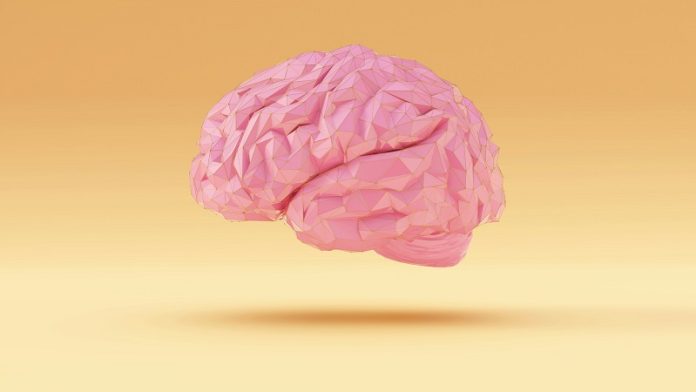
Three common heart diseases—heart failure, atrial fibrillation (an irregular heartbeat), and coronary heart disease—are linked to memory loss and a higher risk of dementia, according to a new statement from the American Heart Association.
The report, called Cardiac Contributions to Brain Health, highlights the strong connection between heart and brain health, showing how heart problems can lead to cognitive decline.
Dr. Fernando D. Testai, who led the research group, explained that stroke and cognitive decline are serious conditions that affect many people and society.
He emphasized that keeping the heart healthy early in life can help protect the brain and prevent memory problems later on.
Although dementia is often seen as a disease that can’t be prevented, research shows that living a healthy lifestyle and managing heart risk factors, like high blood pressure and diabetes, can reduce the risk.
Heart failure and the brain
Heart failure happens when the heart can’t pump enough blood. It is often caused by high blood pressure, obesity, and diabetes.
Research shows that nearly half of all people with heart failure have some form of cognitive impairment, such as trouble with memory, language, or making decisions.
Severe heart failure is especially linked to brain issues, and experts recommend that people with severe cases get their cognitive abilities tested before surgery.
Heart failure can damage the brain in several ways. For example, reduced blood flow can cause small strokes or “silent” brain injuries. Inflammation and poor oxygen supply also contribute to brain damage. Heart failure can lead to changes in the brain’s structure, like a reduction in gray matter and damage to white matter, which affect thinking and memory.
Atrial fibrillation and cognitive decline
Atrial fibrillation, the most common heart rhythm problem in adults, is known to increase the risk of stroke. But it may also lead to cognitive decline, according to research. People with atrial fibrillation are 39% more likely to have memory problems or other cognitive issues.
Risk factors like high blood pressure, diabetes, smoking, and sleep problems are shared between atrial fibrillation and dementia. Reduced blood flow from an irregular heartbeat can cause brain damage, and small brain bleeds (microhemorrhages) are more common in people with atrial fibrillation, further contributing to memory loss.
Treating atrial fibrillation with medications to prevent clots or procedures to restore a regular heartbeat may help reduce the risk of cognitive decline. More research is being done to see if these treatments can protect brain function.
Coronary heart disease and dementia
Coronary heart disease, which is caused by the narrowing of blood vessels in the heart, also increases the risk of dementia. Research shows that people with heart disease are 27% more likely to develop dementia than those without it. In fact, up to 50% of people experience cognitive problems after a heart attack.
Heart disease can lead to memory loss by reducing blood flow to the brain, damaging small blood vessels, and causing inflammation. These issues are often seen in people with Alzheimer’s, showing how closely related heart and brain health are.
Dr. Testai pointed out that preventing heart disease is key to maintaining brain health. While there are new treatments for Alzheimer’s disease, taking care of your heart early on can help avoid problems later. He also emphasized the need for more research to understand how factors like gender and ethnicity affect the heart-brain connection.
In conclusion, taking care of your heart—through diet, exercise, and managing health conditions—can help protect your brain and reduce the risk of memory problems as you age.



